The most basic question is not what is best, but who shall decide what is best
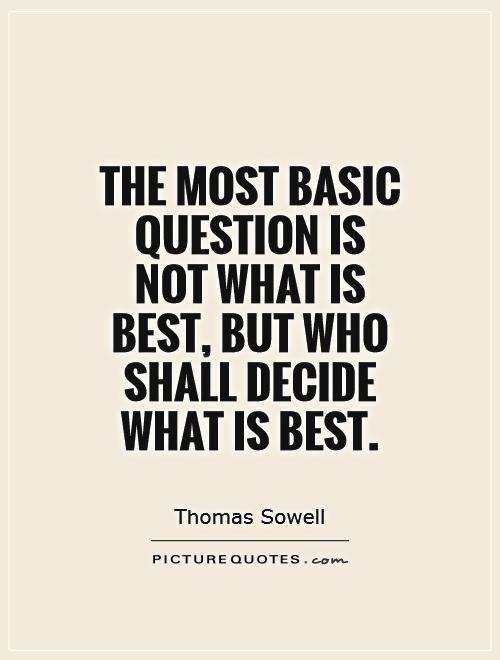
The most basic question is not what is best, but who shall decide what is best
Thomas Sowell, a renowned economist, social theorist, and author, is known for his thought-provoking insights on a wide range of topics, including politics, race, and education. One of his most famous quotes is, "The most basic question is not what is best, but who shall decide what is best." This statement encapsulates Sowell's belief in the importance of individual freedom and limited government intervention in decision-making.Sowell's words highlight a fundamental philosophical debate that has been ongoing for centuries: who should have the authority to determine what is best for society as a whole. On one side of the argument are those who advocate for a centralized authority, such as the government, to make decisions on behalf of the population. This approach is often justified by the belief that experts or elected officials are better equipped to make informed choices that benefit the greater good.
On the other side of the debate are those, like Sowell, who argue for individual autonomy and limited government interference in personal matters. They believe that individuals are best suited to make decisions for themselves based on their own values, preferences, and circumstances. This perspective emphasizes the importance of personal freedom and the right to self-determination.
Sowell's words also speak to the dangers of concentrating power in the hands of a few, whether it be a government, an elite group, or an individual. History is replete with examples of authoritarian regimes that have imposed their will on the populace, often leading to oppression, injustice, and suffering. Sowell warns against the hubris of those who believe they know what is best for others and the potential for abuse of power that comes with unchecked authority.
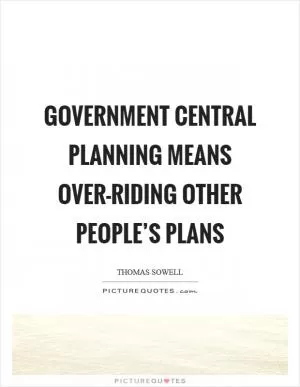
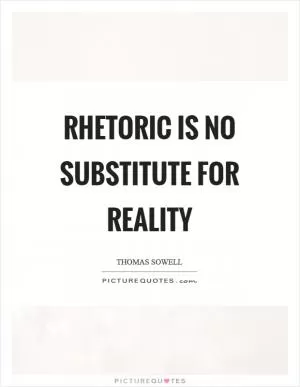
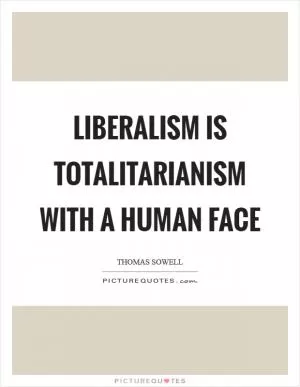
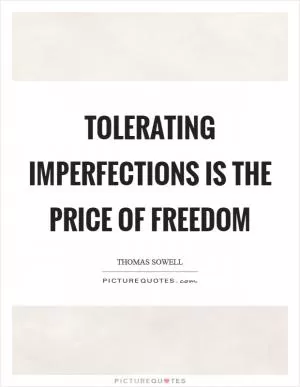
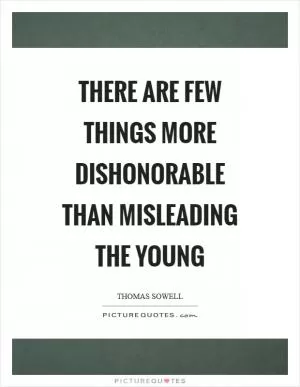
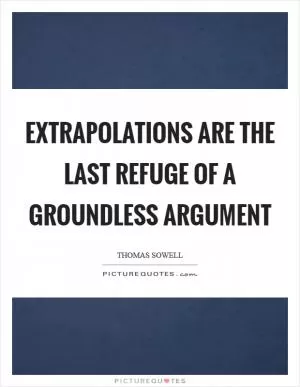
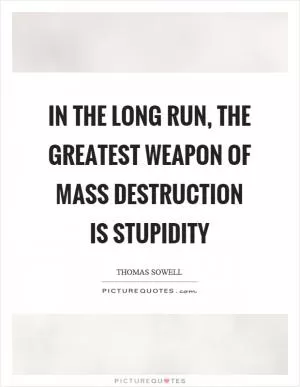
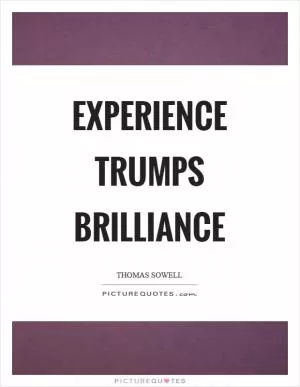
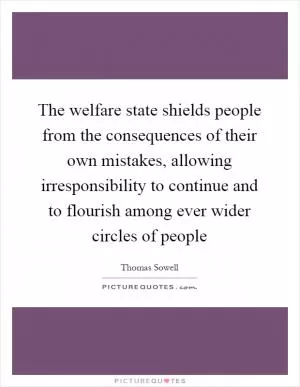
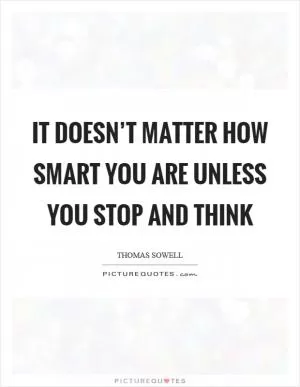
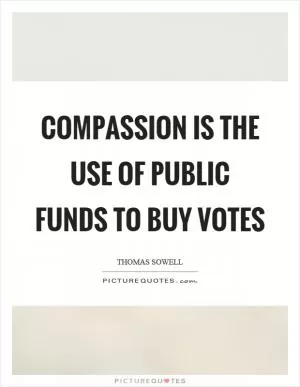
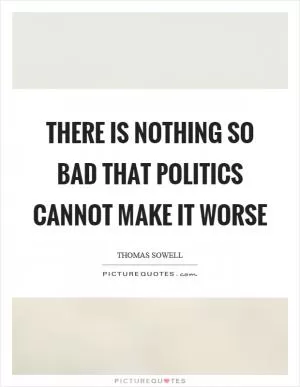
 Friendship Quotes
Friendship Quotes Love Quotes
Love Quotes Life Quotes
Life Quotes Funny Quotes
Funny Quotes Motivational Quotes
Motivational Quotes Inspirational Quotes
Inspirational Quotes